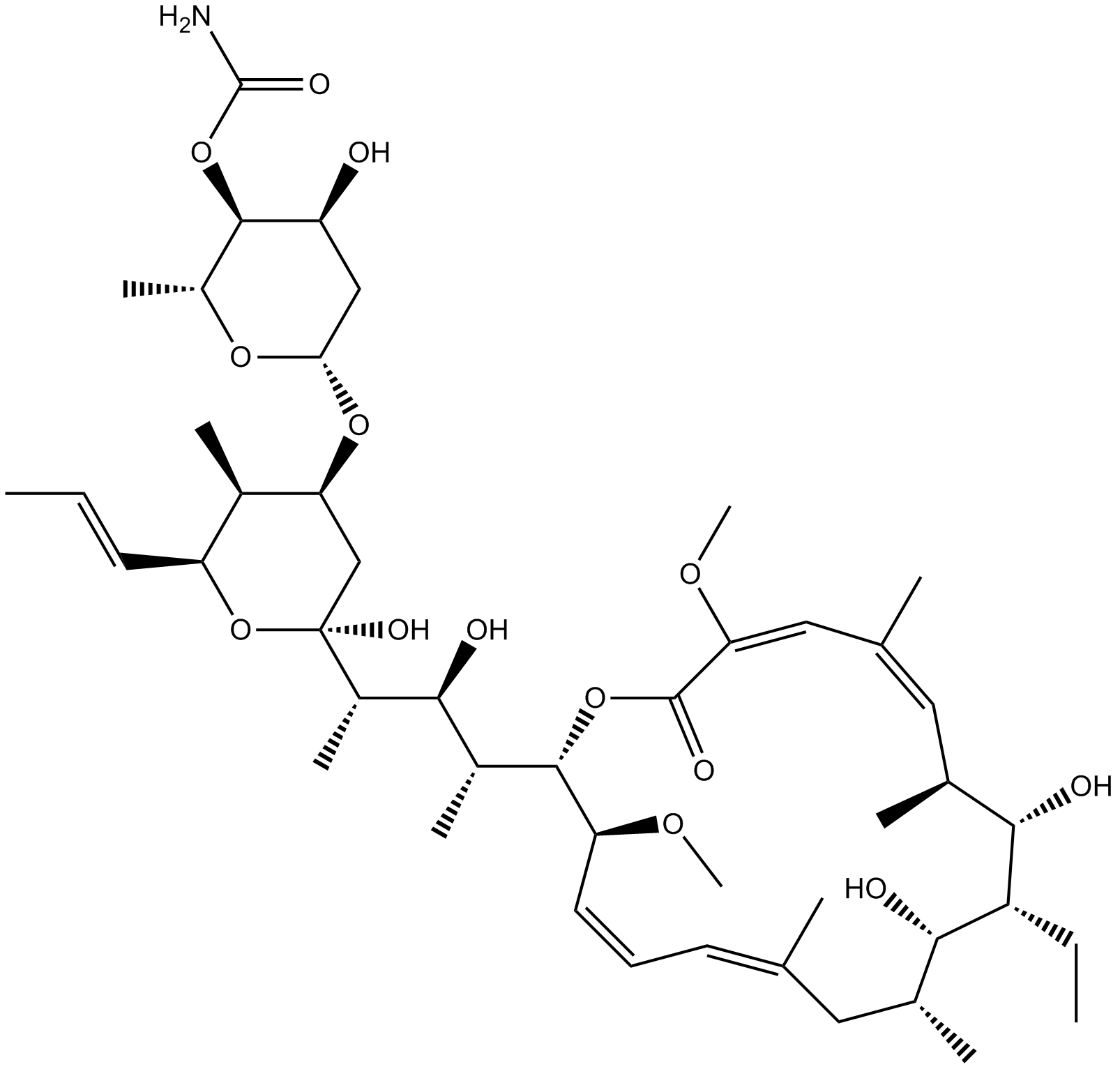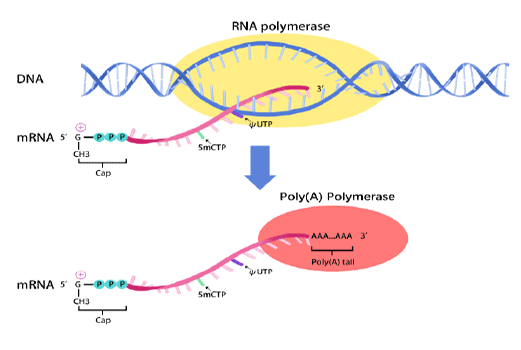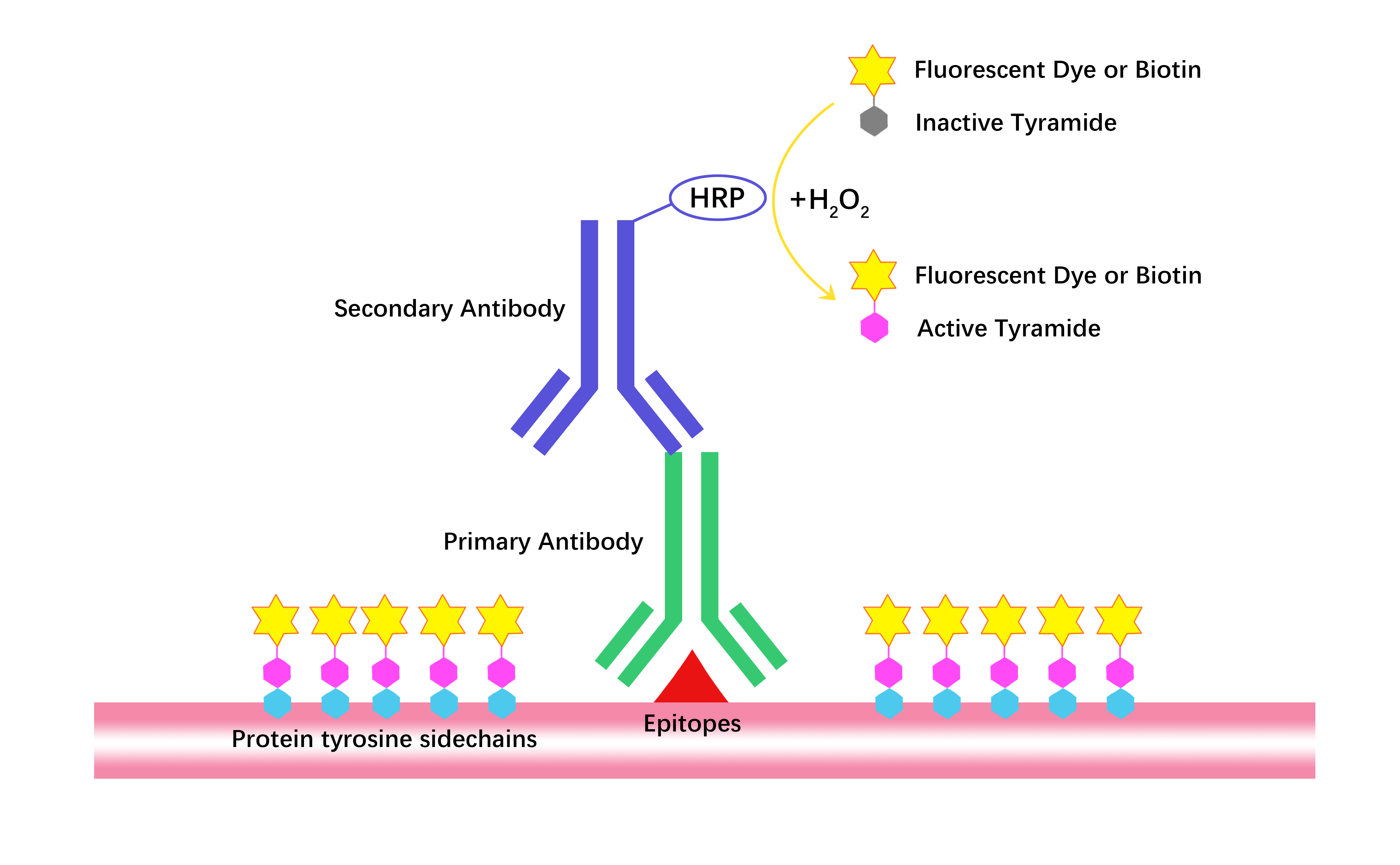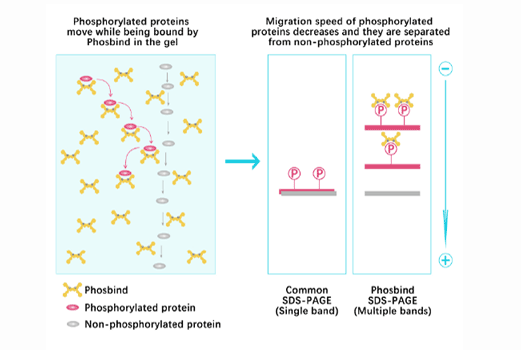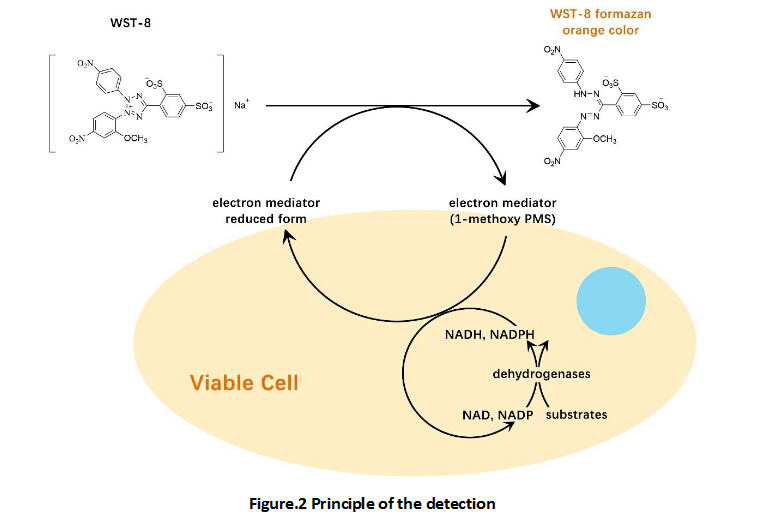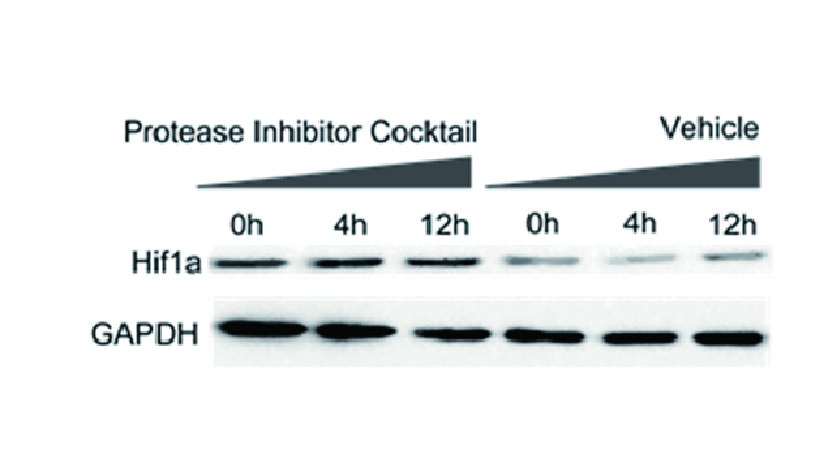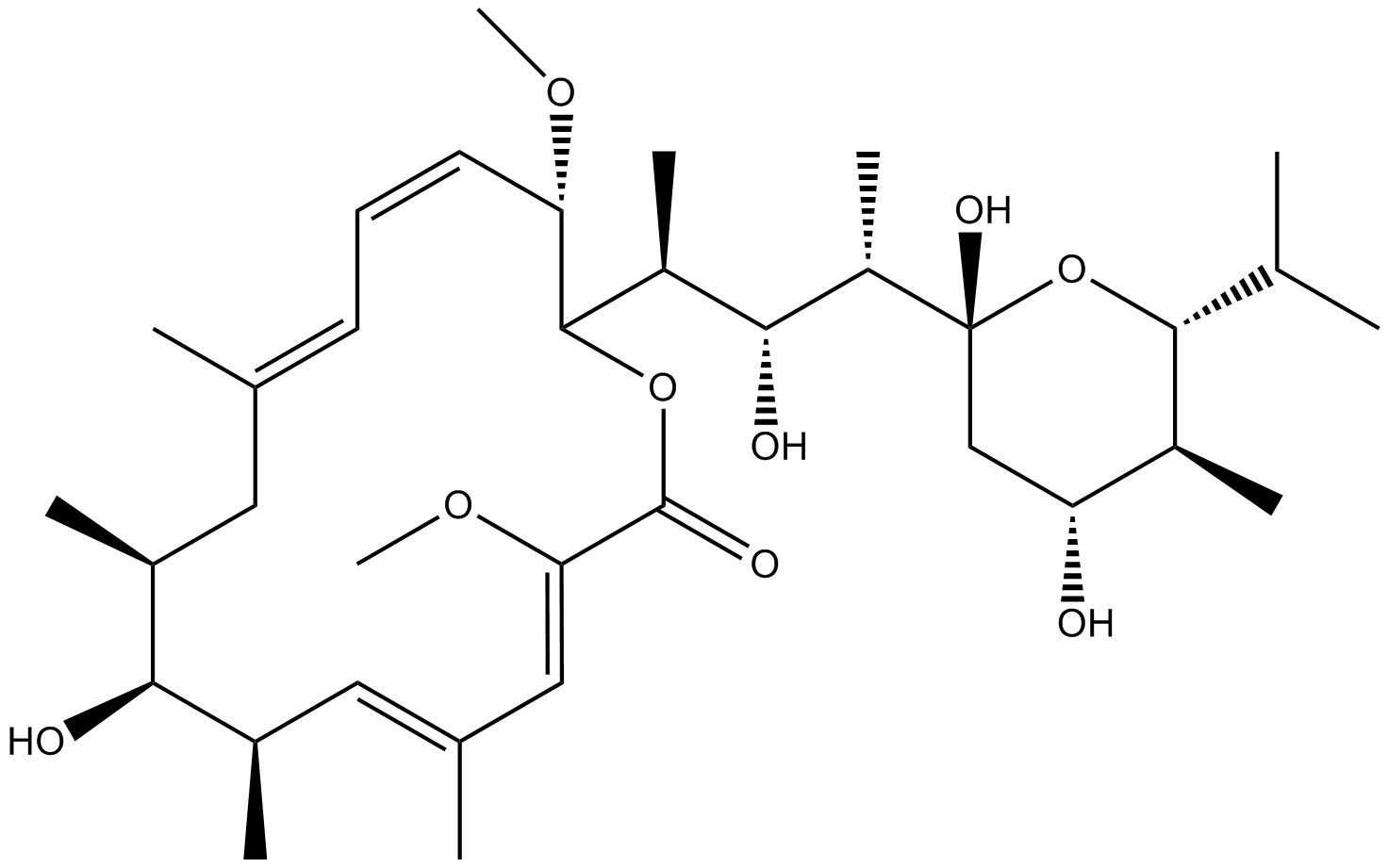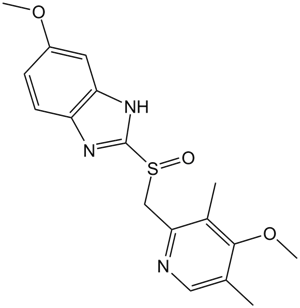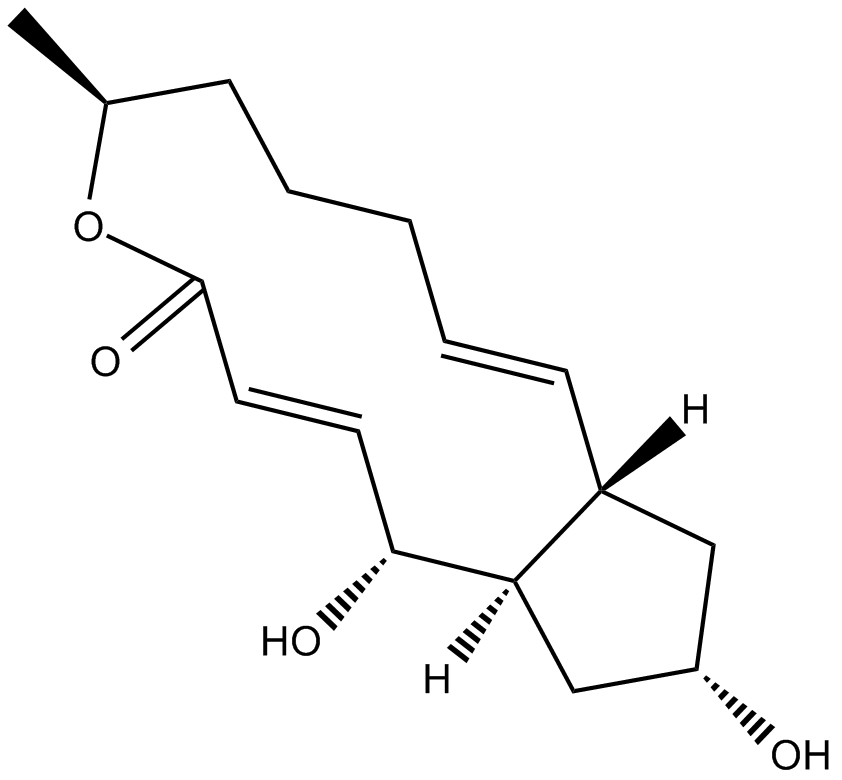Concanamycin A
Concanamycin A (CAS 80890-47-7) is a selective inhibitor of vacuolar-type ATPase (V-ATPase), displaying an IC50 of approximately 10 nM. Its mechanism involves direct binding to the V(o) subunit c of V-ATPase, thereby inhibiting proton transport across cell membranes. Through blockade of V-ATPase activity, concanamycin A inhibits endosomal acidification, disrupts intracellular trafficking processes, and interferes with extracellular matrix pH maintenance, resulting in apoptosis induction in tumor cells, including oral squamous cell carcinoma and prostate cancer lines, and reduced tumor cell invasiveness. It is employed extensively in cancer biology research to investigate V-ATPase-mediated pathways and explore therapeutic resistance mechanisms.
- 1. Kun Zhang, Yi-Li Chen, Jia-Ting Lin. "Phosphorylation fine‐tunes ceramide synthase activity and stability to modulate sphingolipid biosynthesis and immune responses." J Integr Plant Biol. 2025 Nov 29 PMID: 41318907
- 2. Pengwei Wang, et al. "Exo84c-regulated degradation is involved in the normal self-incompatible response in Brassicaceae." Cell Rep. 2024 Mar 26;43(3):113913 PMID: 38442016
- 3. Li Huang, Xing Wen, et al. "HOOKLESS1 acetylates AUTOPHAGY-RELATED PROTEIN18a to promote autophagy during nutrient starvation in Arabidopsis." Plant Cell. 2023 Dec 21;36(1):136-157 PMID: 37823521
- 4. Ling-Yan Wang, Jian Li, et al. "Orosomucoid proteins limit endoplasmic reticulum stress in plants." New Phytol. 2023 Aug 22 PMID: 37606093
- 5. Du-Hwa Lee, Ilyeong Choi, et al. "Three consecutive cytosolic glycolysis enzymes modulate autophagic flux." Plant Physiol. 2023 Aug 4;kiad439 PMID: 37539947
- 6. Chen Wan, Hui Zhang, et al. "Selective autophagy regulates chloroplast protein import and promotes plant stress tolerance." EMBO J. 2023 Jul 17;42(14):e112534 PMID: 37248861
- 7. Ye Chen, Xiao Wu, et al. "Amino acid starvation-induced LDLR trafficking accelerates lipoprotein endocytosis and LDL clearance." EMBO Rep. 2022 Feb 3;23(3):e53373 PMID: 34994492
- 8. Senlian Hong, Chenhua Yu, et al. "Modulation of Siglec-7 Signaling via in situ Newly Created cis-Ligands." ACS Cent Sci. 2021 Aug 25;7(8):1338-1346 PMID: 34471678
- 9. Zhang G, Xu M, et al. "Up-regulation of granzyme B and perforin by staphylococcal enterotoxin C2 mutant induces enhanced cytotoxicity in Hepa1-6 cells." Toxicol Appl Pharmacol. 2016 Dec 15;313:1-9 PMID: 27742270
| Physical Appearance | 1 mg/mL solution dissolved in acetonitrile. To change the solvent, simply evaporate the acetonitrile under a gentle stream of nitrogen and immediately add the solvent of choice. |
| Storage | Store at -20°C |
| M.Wt | 866.09 |
| Cas No. | 80890-47-7 |
| Formula | C46H75NO14 |
| Solubility | Limited solubility, soluble in DMSO |
| SDF | Download SDF |
| Canonical SMILES | CCC1C(C(CC(=CC=CC(C(OC(=O)C(=CC(=CC(C1O)C)C)OC)C(C)C(C(C)C2(CC(C(C(O2)C=CC)C)OC3CC(C(C(O3)C)OC(=O)N)O)O)O)OC)C)C)O |
| Shipping Condition | Small Molecules with Blue Ice, Modified Nucleotides with Dry Ice. |
| General tips | We do not recommend long-term storage for the solution, please use it up soon. |
| Cell experiment [1,2]: | |
|
Cell lines |
HCT-116, DLD-1, Colo206F, HeLa cells, Androgen-dependent (LNCaP) and androgen-independent (C4-2B) cells. |
|
Preparation method |
This compound is limited soluble in DMSO. General tips for obtaining a higher concentration: Please warm the tube at 37°C for 10 minutes and/or shake it in the ultrasonic bath for a while. Stock solution can be stored below -20°C for several months. |
|
Reacting condition |
20 nM, 60 min |
|
Applications |
CCA effectively attenuated the TRAIL-induced activation of caspases in TRAIL-sensitive colorectal cancer cell lines. In CCA-treated Colo206F cells, the number of M30-positive apoptotic cells gradually increased and almost reached the proportion seen in untreated cells within 3–4h after the addition of TRAIL. Treatment with CCA resulted in a lack of apoptosis-related chromatin condensation in DLD-1 cells incubated with TRAIL for 90 min. Treatment with nanomolar concentrations of concanamycin A reduced the in vitro invasion in LNCaP and C4-2B cell types by 80%. |
|
Other notes |
Please test the solubility of all compounds indoor, and the actual solubility may slightly differ with the theoretical value. This is caused by an experimental system error and it is normal. |
|
References: [1]. Horova V, et al., Inhibition of vacuolar ATPase attenuates the TRAIL-induced activation of caspase-8 and modulates the trafficking of TRAIL receptosomes. FEBS J, 2013. 280(14). [2]. Michel V, et al., Inhibitors of vacuolar ATPase proton pumps inhibit human prostate cancer cell invasion and prostate-specific antigen expression and secretion. Int J Cancer. 2013.132(2). |
|
Quality Control & MSDS
- View current batch:
Chemical structure

Related Biological Data




